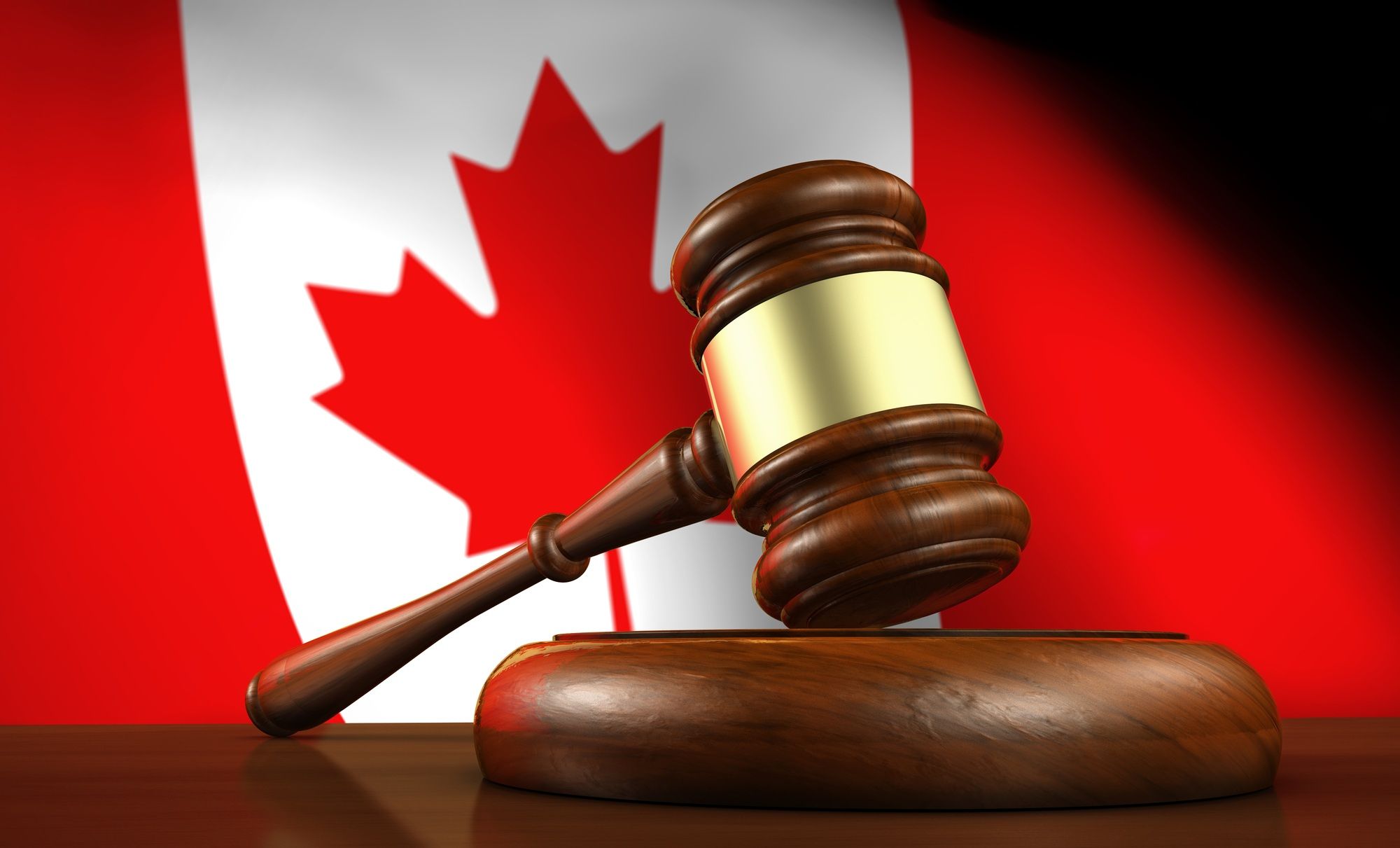Top Class Actions’s website and social media posts use affiliate links. If you make a purchase using such links, we may receive a commission, but it will not result in any additional charges to you. Please review our Affiliate Link Disclosure for more information.
Canadian class action lawsuits are similar to the model adopted by the United States. Some argue that the standard for certification of Canadian class actions is more permissive than the U.S. model. Although each province in Canada has adopted their own legislation governing class action lawsuits, the legal requirements are similar.
Canadian class action lawsuits may be brought before federal court or provincial court. However, unless the case involves federal issues, most Canadian class action lawsuits are filed in provincial superior courts.
Unlike the United States, Canada currently does not have a legal process that allows for a national consolidation of legal claims. This difference exists because Canada’s provinces involve a separate and sovereign court system while cases involving U.S. federal law can be streamlined into multidistrict litigation.
History of Class Actions in Canada
Quebec was the first Canadian province to enact class action legislation in the 1970s. However, it took several more years before the other provinces began moving to enact their own class action legislation.
In 1982, the Ontario Law Reform Commission issued a report setting forth objectives for lawmakers to consider before enacting class action legislation. Those objectives included the goals of improved judicial efficiency, greater access to justice for individual consumers, and behavior modification for manufacturers.
The commission recommended that provinces model their class action certification procedure after the U.S. Federal Rule of Civil Procedure 23.4, but with looser legal requirements for certification. Instead of requiring common questions predominate for all individual Class Members, the commission recommended that courts simply consider the issue of predominance as “one of the factors employed to gauge whether the class action is superior.”
In the 1990s, Ontario and British Columbia passed class action legislation that said courts shall or must grant certification if the following conditions are met:
- A cause of action has been stated
- There is an identifiable Class of at least two individuals
- The Class Members’ claims raise common issues
- A Canadian class action proceeding is the “preferable procedure” for resolving these common issues
- The Class representative fairly and adequately represents the Class Members’ interests
- The Class representative creates a plan for the class action proceedings
- The Class representative does not have a conflict of interests with the Class Members.
These conditions set the foundation for class action legal requirements throughout Canada.
Types of Class Actions
Canadian class action lawsuits may be used for disputes in numerous areas of law, including cases involving:
- Product liability
- Competition law
- Environmental law
- Disputes over pensions
- Financial services
- Consumer protection
- Mass torts
- Securities law
- Data protection
- Employment disputes
- Franchise law
There is no minimum number of Class Members or maximum number of Class Members required for a Canadian class action lawsuit.
Canadian Class Actions Limitations
Most Canadian provinces impose a statutory limitation period for most common law and civil law claims. The lengths of the statutes of limitation vary by province. Ontario, British Columbia, and many other provinces impose 2-year limitation periods for many claims. Quebec imposes a 3-year statute of limitation for most claims.
Statutes of limitation periods typically begin tolling at the time a plaintiff knew (or reasonably should have known) that he or she had a potential legal claim against the defendant.
When a plaintiff files a class action lawsuit, the limitations period will typically be suspended from the date of filing until the date of certification. This legal requirement is intended to protect Class Members by allowing a decision on certification before they must file a claim.
When a Canadian class action lawsuit is certified, the limitations period will typically be suspended for a Class Member until one of the following actions takes place:
- The Class Member opts out
- An amendment to the certification order results in the Class Member’s exclusion from the class action lawsuit
- The Canadian class action lawsuit is decertified by order of the court
- The class action lawsuit is dismissed
- A Canadian class action settlement is reached
If you are thinking of filing a Canadian class action lawsuit, submit your information here and your case will be reviewed by a network of attorneys. If you have a potential case, you will be contacted for a free case evaluation.
You may also already qualify as a Class Member in a class action lawsuit or a settlement. Keep checking Top Class Actions to find out what you may be eligible to claim.
Top Class Actions is committed to educating consumers about all available class action settlement money so that they can claim what they are entitled to claim. Make sure you don’t miss out on any free money to which you’re entitled and sign up for our free newsletter. We’ll let you know about the latest class action settlements and any filing deadlines that are approaching. You can also check out our Open Settlements section to find out which settlements are currently accepting claims.
Read More Lawsuit & Settlement News:
Is a Class Action Lawsuit Legally Binding?
ATTORNEY ADVERTISING
Top Class Actions is a Proud Member of the American Bar Association
LEGAL INFORMATION IS NOT LEGAL ADVICE
Top Class Actions Legal Statement
©2008 – 2024 Top Class Actions® LLC
Various Trademarks held by their respective owners
This website is not intended for viewing or usage by European Union citizens.


















One thought on What Are the Canadian Class Action Legal Requirements?
add me please